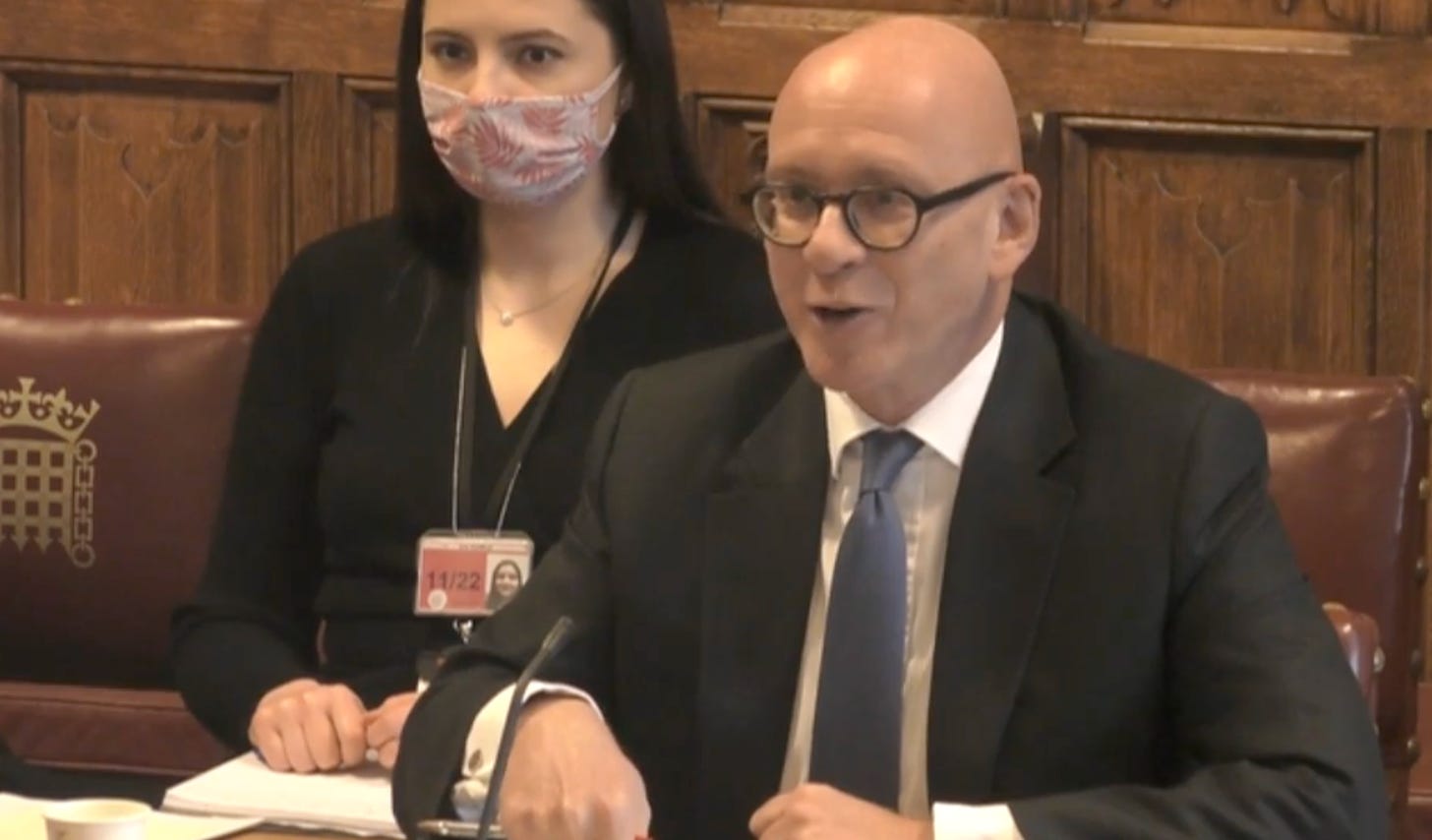The House of Lords gave a second reading to the government’s Judicial Review and Courts Bill yesterday. That is standard practice: attempts to vote down particular provisions may come later. The debate lasted for a little under three hours and is worth reading in full. I wrote in detail about the bill last summer.
Lor…
Keep reading with a 7-day free trial
Subscribe to A Lawyer Writes to keep reading this post and get 7 days of free access to the full post archives.



